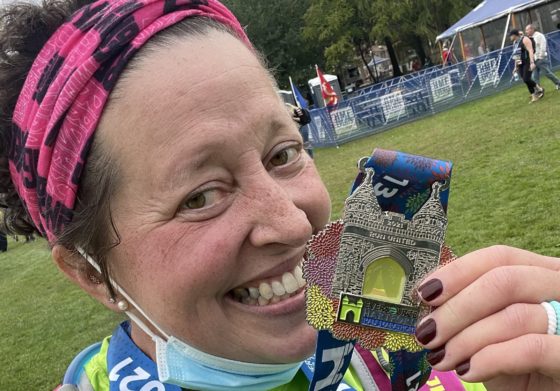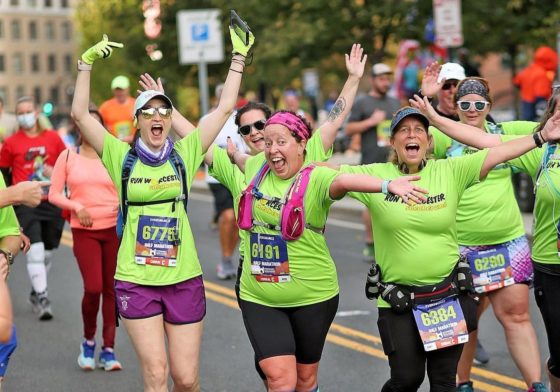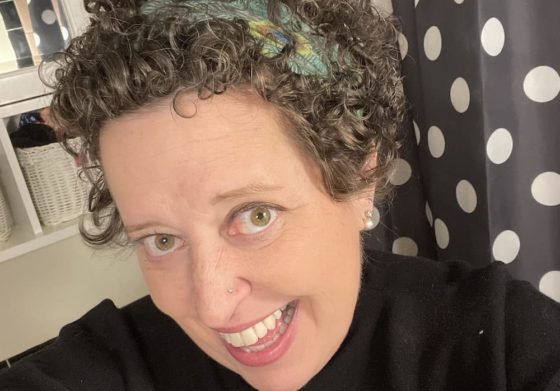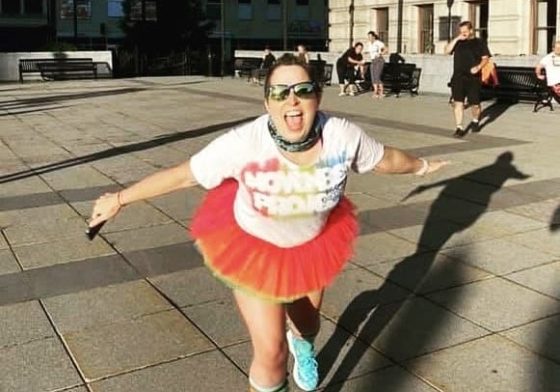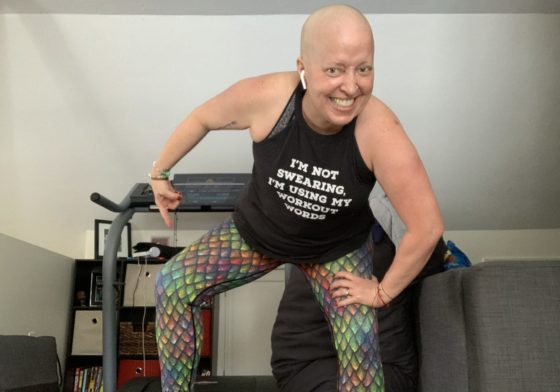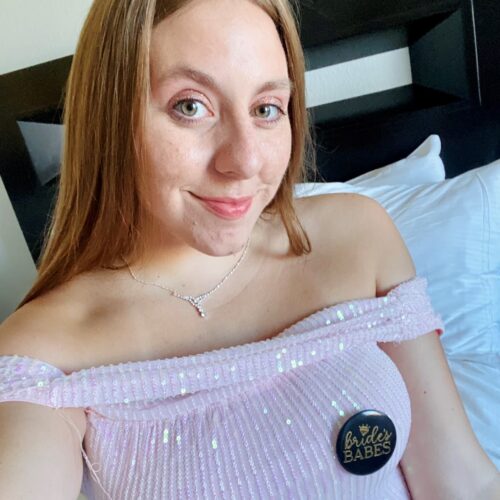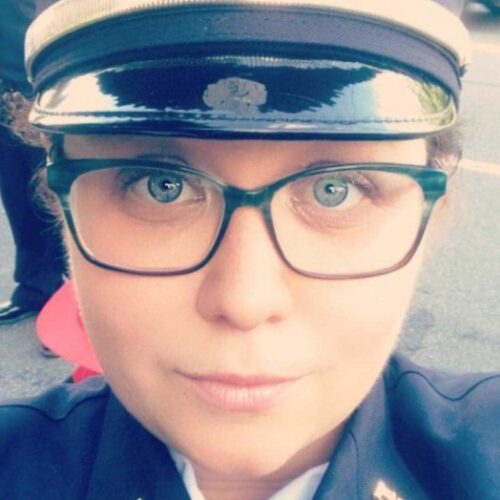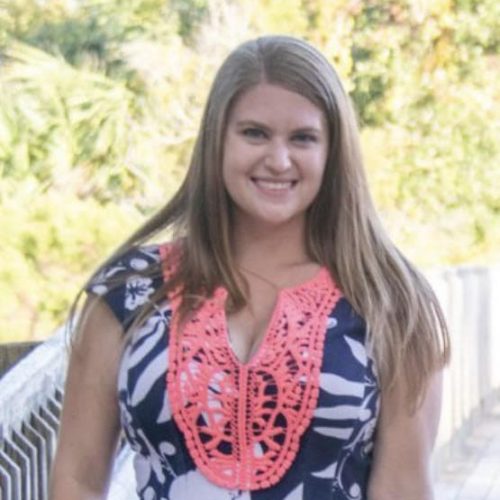I am honored to be joining Team DetecTogether to run the Boston Marathon. Had I known more about DetecTogether and 3 Steps Detect, I would probably be telling a much different cancer story. Now, I am determined to share my experience and spread the word about DetecTogether’s life-saving education.
After an annual physical, routine blood work showed that my white blood cell count was low. I saw this on the results that came to me after my appointment and since my doctor didn’t reach out, I ignored it. I figured that if there was something wrong, I would hear back.
In the weeks and months that followed, I was getting sick really often. I had a sore throat that wouldn’t go away and generally felt unwell. More blood work ruled out mono and showed that my white blood cells were even lower. Again, my doctor didn’t contact me, and again, I didn’t speak up.
New symptoms started to emerge. For two months, I had diarrhea every day, and I ignored it. I blamed it on the medications I was taking and the dairy in my diet. The diarrhea stopped, but then I started waking up in the middle of the night with severe stomach pains that would sometimes make me vomit. I called my doctor who thought the new symptoms were from anxiety and stress, and he advised me to start taking Prilosec daily. The pain continued for two more weeks. I couldn’t eat, and I was losing a lot of weight. My doctor told me to just continue taking the Prilosec.
Then, I began having night sweats. Even with all of my other symptoms, my doctor attributed it to age and perhaps perimenopause. I had no further testing.
Despite not feeling well, I was training to run the Providence Marathon. I started to experience swelling in my neck that would come and go, and I noticed that I had a really hard time keeping up with my running friends. My stamina was gone. I let my doctor know. I was diagnosed with a pulled muscle and prescribed muscle relaxers, but the swelling persisted.
I think deep down I always knew something really wasn’t right, but I didn’t listen to my body. I urge people not to be afraid to contradict a medical professional if you think something isn’t right.
At this point, I called my doctor’s office and demanded to be seen. After an appointment with the nurse practitioner, I was sent for a CT scan. There was something on the scan, but it wasn’t clear. I was sent immediately to an ear, nose and throat doctor who said I was young, healthy and probably fine. After biopsies and surgery to remove lymph nodes, I was diagnosed with follicular lymphoma, a slow-growing cancer that is typically just treated as a chronic disease.
I was then referred to an oncologist and had a PET scan. The scan showed masses in my abdomen, bone marrow, lungs, spleen, sternum and spine, as well as something suspicious in my groin. A biopsy revealed that I had diffuse large B cell lymphoma, a very aggressive cancer that can sometimes develop if follicular lymphoma is left untreated.
A full year after my health changes started, I was diagnosed with cancer. What followed was three rounds of outpatient chemotherapy, six months of in-patient chemotherapy to get me into remission, and then a stem cell transplant. Because of COVID restrictions, I went through all of this alone, without my husband and my family by my side.
I am now in remission, doing maintenance immunotherapy transfusions, and training to run the Boston Marathon. I am open with my story so that others can learn from my experience.
I think deep down I always knew something really wasn’t right, but I didn’t listen to my body. I urge people not to be afraid to contradict a medical professional if you think something isn’t right. You know when you don’t feel good. You have to be your own advocate, and you know yourself best. When something is off with your body, do something about it. Don’t wait. If something is continuing and it’s outside of your normal, don’t be afraid to speak up.
Symptoms
- low white blood cell count
- sick often
- sore throat
- diarrhea
- stomach pain
- loss of appetite
- night sweats
- weight loss
Want to Share a Story?
If you or a loved one has a cancer story that you would like to share, please contact us.
